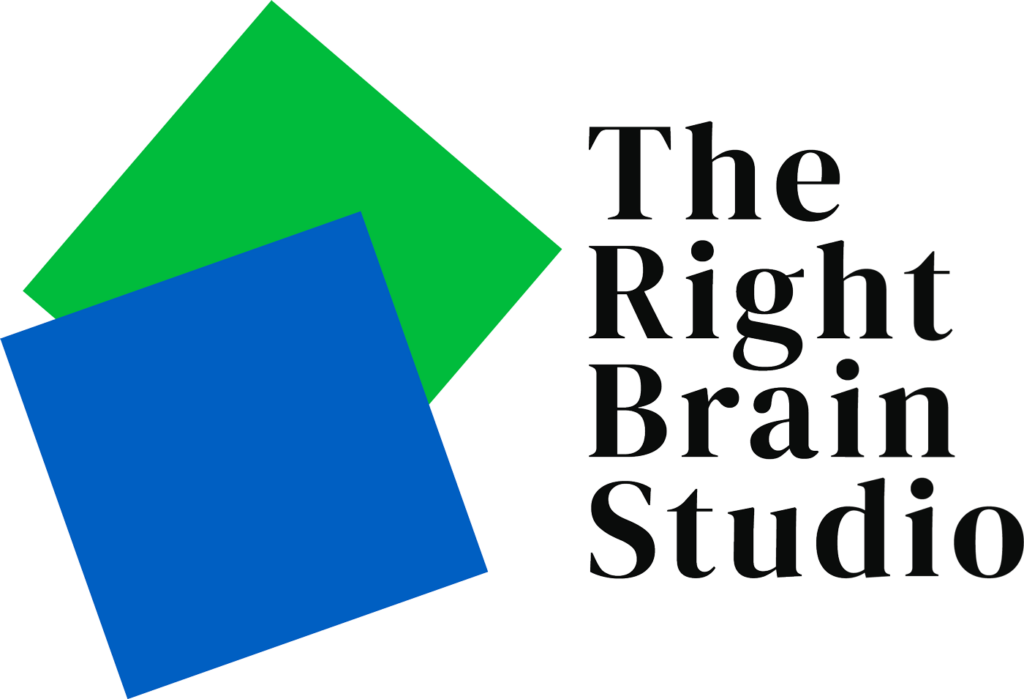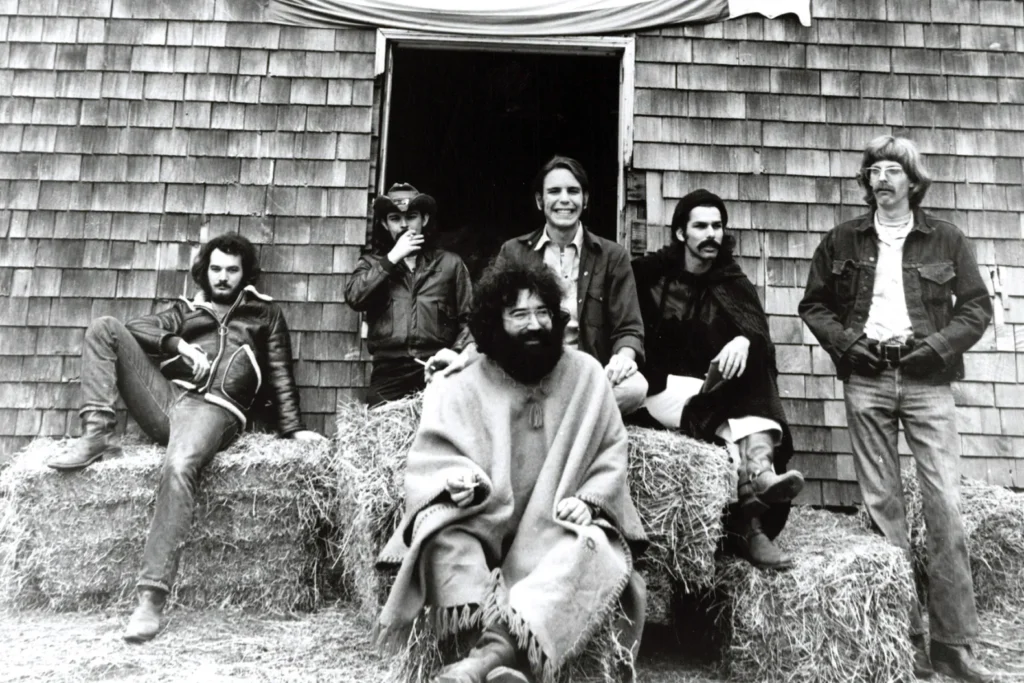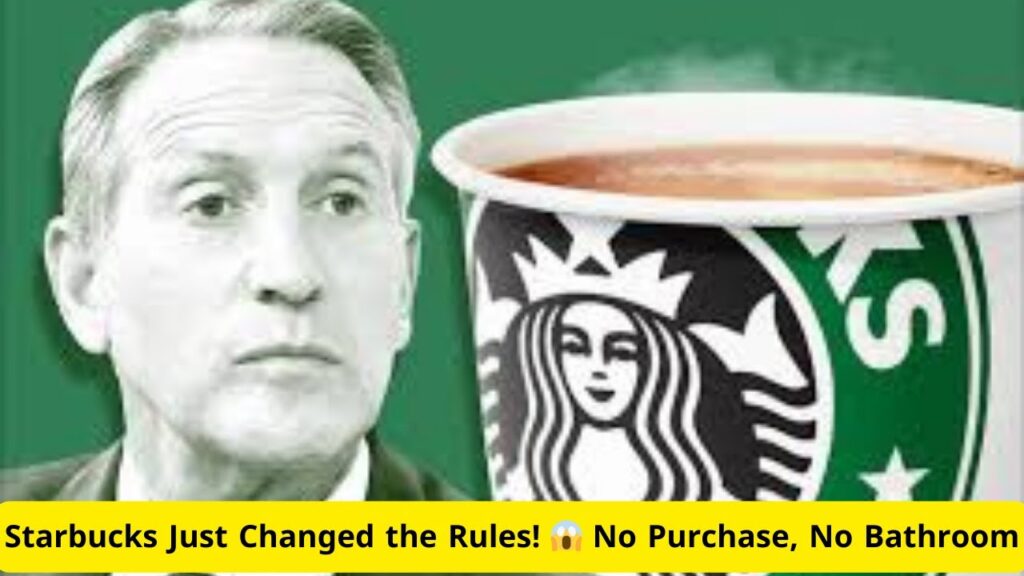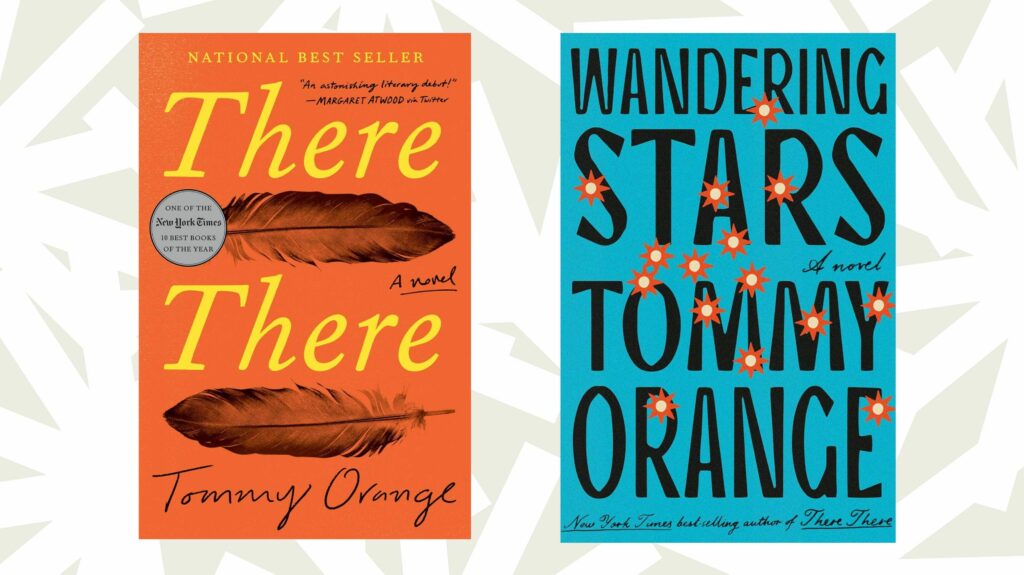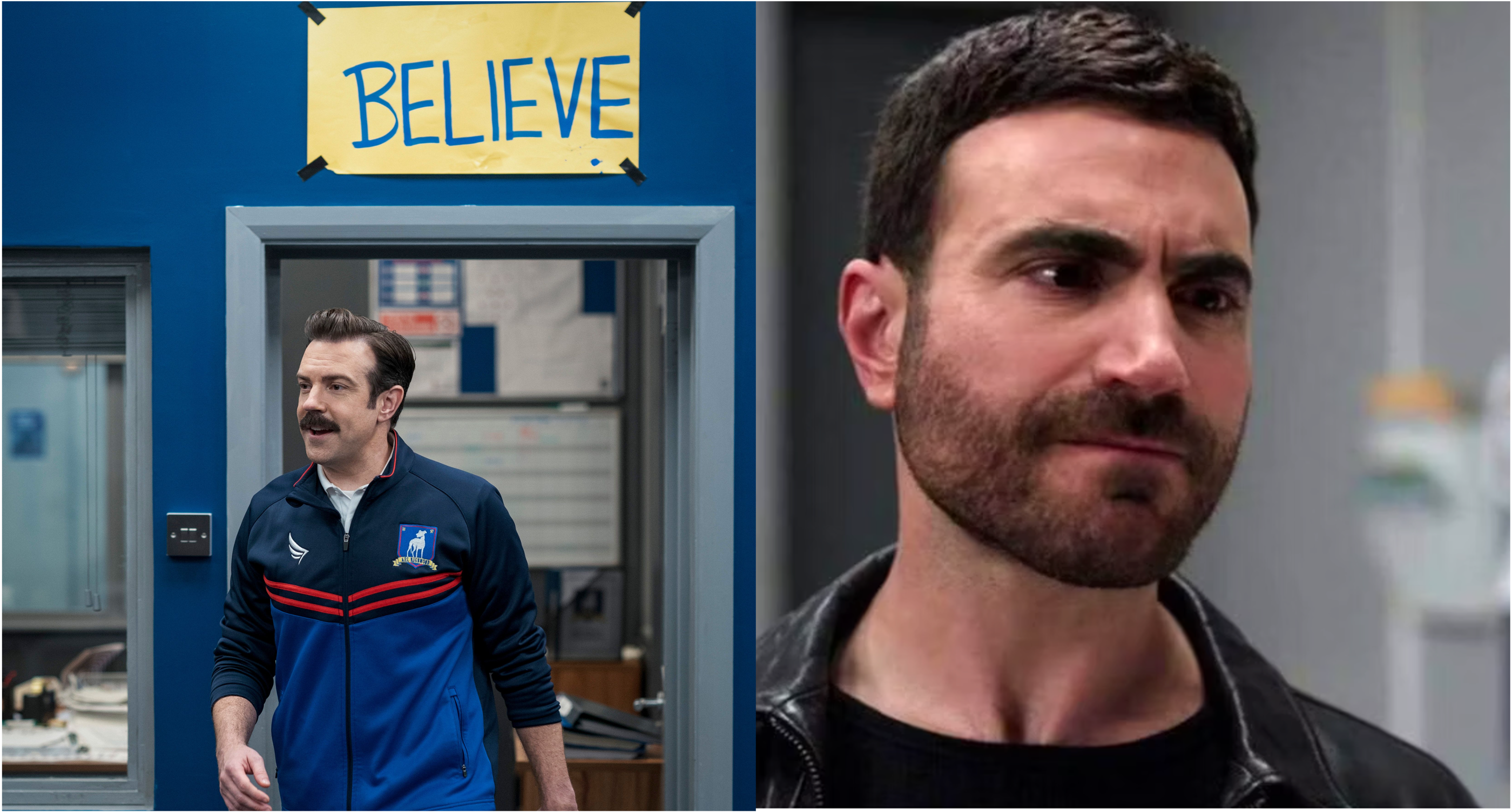 I started my career as Roy Kent. But I’m doing my best to finish it as Ted Lasso.
I started my career as Roy Kent. But I’m doing my best to finish it as Ted Lasso.
Despite struggling with imposter syndrome most of my life, there was always the feeling that I had a special talent for marketing. A natural empath, I was blessed with a curious nature and the intuitive ability to understand consumers. I started in brand management but discovered that my real calling was talking to people directly in qualitative research.
The stories I’ve elicited – raw, unblemished accounts of deeply personal experiences and the feelings associated with them – have led to some remarkable insights. These “aha moments” of human understanding allowed me to help clients create a long list of successful case histories over the years by matching the values, emotions, and personalities of brands to their target consumers.
It’s a remarkable thing. When people feel safe and sense that you’re totally focused on being in the moment with them, it’s astounding what they’ll reveal. The most common post interview/focus group comment to me is often a pleasantly surprised, enthusiastic, “That was like therapy!”
Unfortunately, while I was Ted Lasso with respondents I was more Roy Kent with many of the people who mattered the most to me. These including business partners, romantic interests, and the clients who paid my bills. The source of Roy’s pain may have been different than mine and his rage several notches higher, but just like Roy, I was an angry young man capable of moving from composed elegance to seething coarseness in the blink of an eye when triggered.
A lot of things triggered me. Any feedback that even hinted at the possibility that my work wasn’t “great” from a client, or that I did anything wrong whatsoever, was often greeted with an over-the-top defensiveness.
The hindsight of age and experience is precious. The older, more mature version of me clearly understands that I was overcompensating for my own insecurities. I was so preoccupied about how my clients saw me that I neglected to think about their feelings altogether.
I was not patient and understanding the way I was with respondents. As soon as I could get focused on the objectives of project, all that mattered was “the work.” Anything that got in the way of that “great work” was flattened by an unstoppable locomotive barreling down the track. I didn’t suffer fools well and nearly everyone seemed to be a fool.
But in time, I realized that my client relationships were not only equally or more important than the work itself, but absolutely essential to create the best possible work.
Ted Lasso got it. Marketing, like soccer, is a collaborative effort. Even the great Zava couldn’t do it all by himself. Ted didn’t talk about winning or losing. He focused on lifting up those around him, inspiring and enlightening so they’d become the best possible versions of themselves. He never put himself first. How ironic for me. In a classic case of the cobbler’s kids going barefoot, I intuitively understood what consumers wanted while neglecting the psychological, emotional and practical needs of my clients and others in my own life.
We all want great work. But it all goes so much better when I’m thinking first and foremost about how I can help my clients. After all, it wasn’t until Ted spent three seasons helping his highly diverse team of ego-driven players appreciate themselves and each other that Richmond became a winner.
For those of us in marketing services, the practical need is to help our clients look as good as they can in front of their bosses and colleagues, gain recognition or get promoted. Emotionally, my goal is to provide my clients with a deeper understanding of themselves, others, or key issues, to bestow the exhilaration of unbridled creativity, help them become better leaders, see the world in a different way, or simply leave them with an overall feeling of accomplishment.
I’ve been lucky to achieve a great deal so far in my life and I am thankful for my accomplishments. But my joy no longer lies in the traditional sense of achievement. Somewhere along the line, helped tremendously along the way from self-reflection, a daily meditation practice, therapy, and paying attention to life’s lessons, I started moving into more of a Ted-like state.
It takes a lot of work, and it’s something I make sure to remind myself of every day. Life’s greatest pleasures – and life’s best work – are all about helping others.
